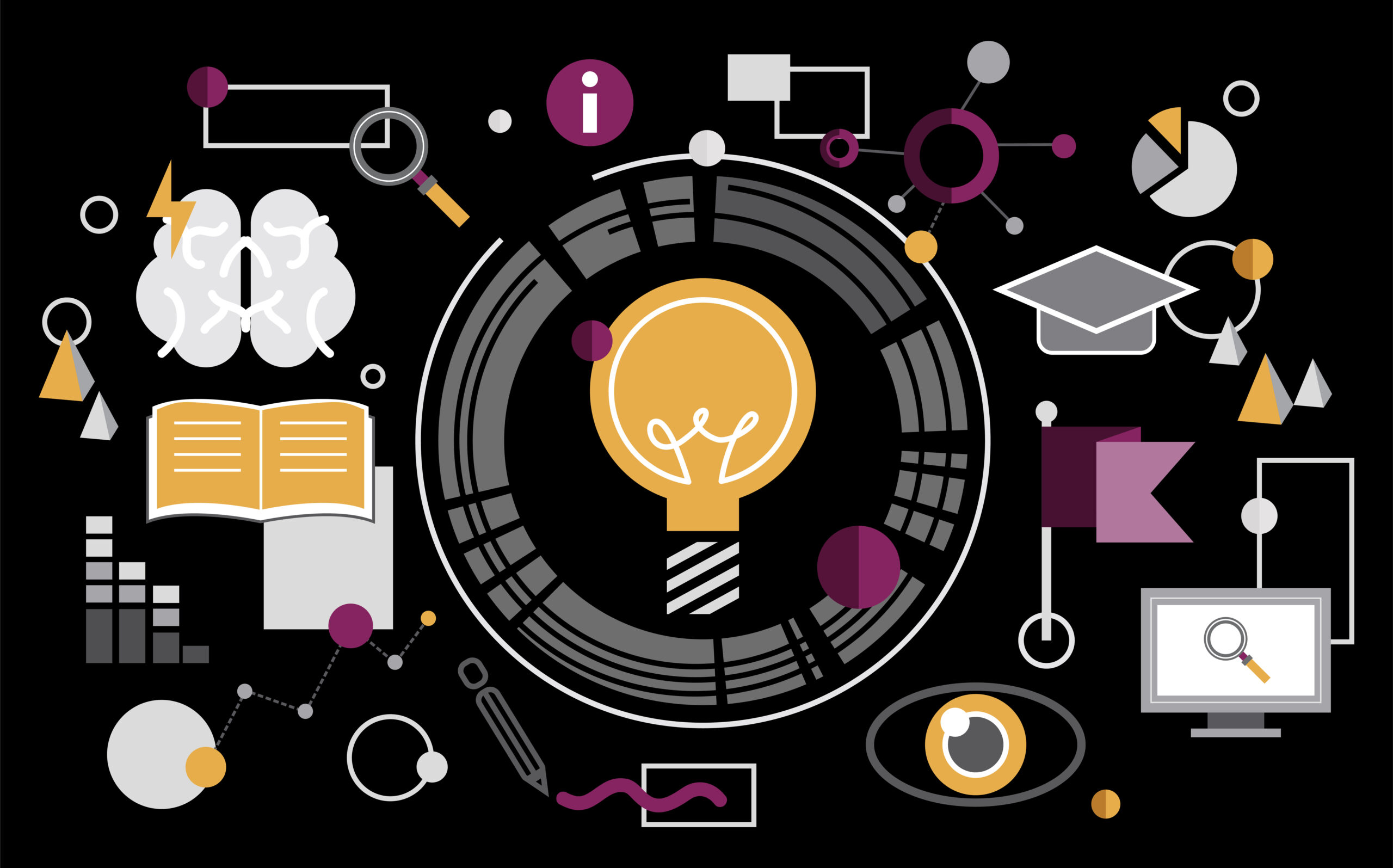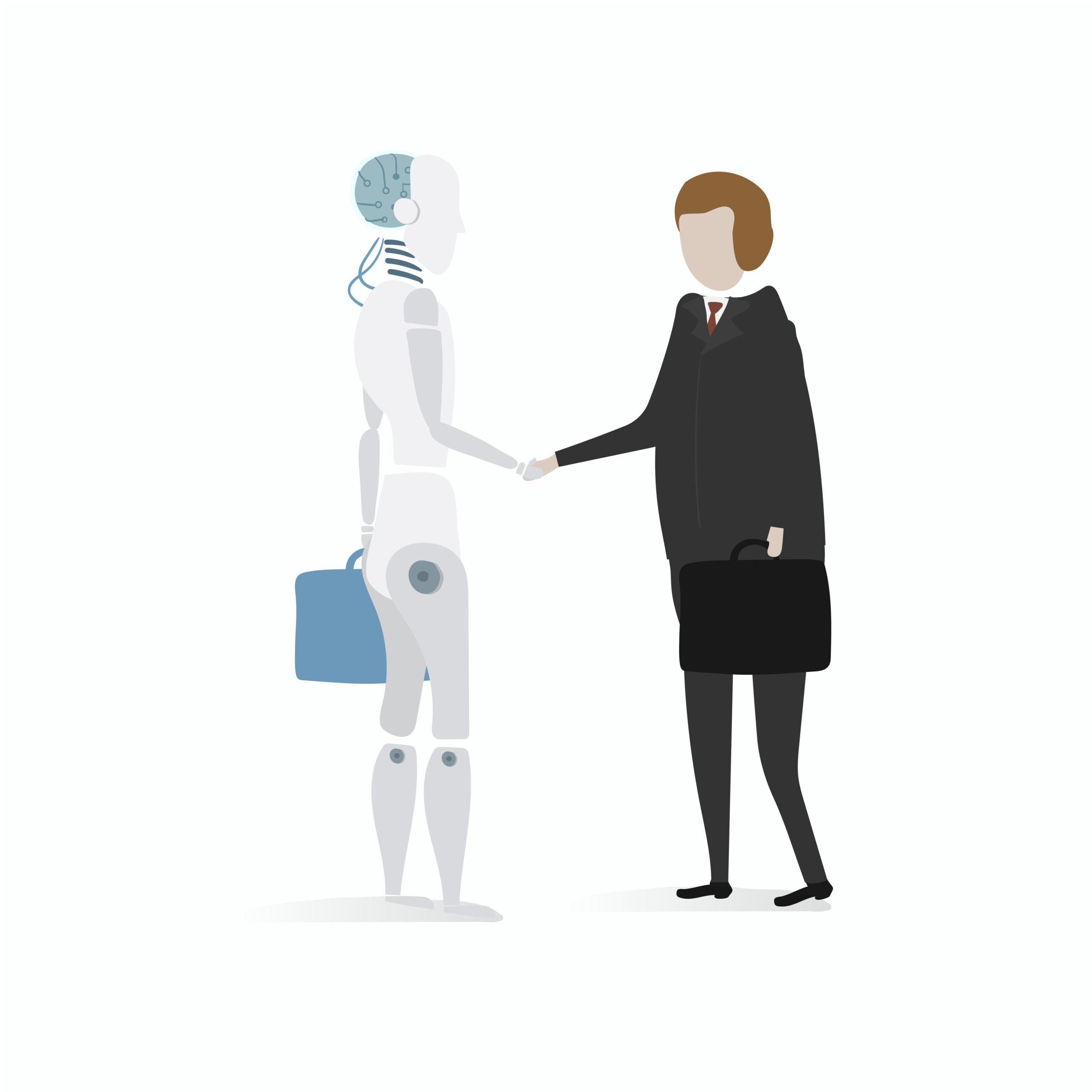



Introduction:
The world of corporate dynamics is constantly changing and evolving. The convergence of Artificial Intelligence AI & Automation has emerged as a transformative force, revolutionizing traditional norms in the domain of talent acquisition. This article aims to explore the complex landscape shaped by AI and Automation, highlighting their profound implications for recruitment processes. We will delve into the various ways in which these advanced technologies are not just mere tools but rather agents of change, fundamentally reshaping the tactics used by companies to attract, evaluate, and retain top-quality talent.
The corporate landscape, once characterized by conventional hiring practices, is undergoing a metamorphosis propelled by the integration of AI and Automation. These technologies, once regarded as futuristic, are now integral components of recruitment strategies, revolutionizing every facet of the talent acquisition process. The traditional paradigms of talent acquisition are being redefined, giving way to a more agile, data-driven, and efficient approach that aligns seamlessly with the demands of the contemporary business environment.
At the heart of the recruitment revolution lies the impact of AI and Automation on talent acquisition. It’s not just about automating routine tasks; it’s about creating an environment where data-driven insights and machine intelligence combine to enhance the recruitment experience. The goal is to align human capital with organizational objectives and create a mutually beneficial partnership that leads to individual and collective success.
The recruitment landscape has been redefined by the accelerated pace and precision brought about by AI and Automation. AI algorithms are key in the talent sourcing phase, analyzing resumes at lightning speed to streamline the shortlisting process. This allows recruiters to focus on candidates whose profiles match the unique requirements of the organization. The integration of AI not only speeds up the hiring process but also optimizes it for accuracy and efficiency.
In addition to the initial stages of recruitment, AI and Automation play a crucial role in improving the candidate experience, which is vital for attracting and retaining top talent. Automated communication processes, such as those facilitated by chatbots, enable real-time responsiveness to candidate queries and provide timely updates on the status of their applications. This not only streamlines the recruitment process but also contributes positively to the employer brand, creating an environment that appeals to prospective hires.
This article examines the transformation brought about by AI and Automation in talent acquisition. These technologies are not just tools but vital components of a new recruitment narrative for companies operating in a highly competitive talent market. By exploring their impact, we aim to provide a comprehensive understanding of how AI and Automation are shaping the future of recruitment.
I. Streamlining Talent Sourcing: Talent sourcing traditionally involved a lot of manual work. The introduction of AI marks a paradigm shift, introducing efficiency and speed to this critical process. AI algorithms analyze resumes at an unprecedented speed, allowing recruiters to quickly shortlist candidates based on predefined criteria. This not only speeds up the hiring process but also allows recruiters to focus on candidates who closely align with the unique requirements of the organization. With AI-driven talent sourcing, organizations benefit from a more dynamic and agile recruitment process that contributes to faster hires and a more targeted approach to aligning talent with organizational needs.
II. Elevating the Candidate Experience:
In the competitive arena of talent acquisition, providing a positive candidate experience is paramount for attracting and retaining top-tier talent. AI and Automation play a pivotal role in enhancing this aspect by automating communication processes. The deployment of chatbots, for instance, offers real-time responses to candidate queries, providing updates on the status of their applications. This not only streamlines the recruitment journey but also positively contributes to the overall employer brand.
The integration of AI in candidate experience management is not just about efficiency; it’s about creating a personalized and engaging journey for potential hires. Automated communication tools not only ensure timely updates but also enable organizations to establish a continuous dialogue with candidates, fostering a sense of transparency and responsiveness.
III. Precision in Candidate Assessment:
Traditional interview methods have long been susceptible to subjectivity and biases. AI-driven tools, however, bring objectivity to the forefront. By leveraging data analytics, these tools objectively assess candidates, scrutinizing not only their hard skills but also their soft skills. The result is a comprehensive overview of a candidate’s suitability for a role, empowering organizations to make informed decisions that align with both skill requirements and cultural fit.
The shift towards AI-powered candidate assessment signifies a move towards a more data-driven and objective evaluation process. The ability to analyze a candidate’s entire skill set, including both technical and interpersonal skills, ensures that hiring decisions are rooted in a holistic understanding of the candidate’s potential contributions to the organization.
IV. Automating Repetitive Tasks:
The recruitment process involves an array of repetitive and time-consuming tasks, from scheduling interviews to sending follow-up emails. Automation liberates recruiters from these mundane activities, enabling them to redirect their focus toward more strategic aspects of talent acquisition. Automated scheduling systems, for instance, eliminate the back-and-forth communication for interview slots, significantly streamlining the entire process.
Automation’s impact on repetitive tasks extends beyond efficiency; it allows recruiters to engage in high-value activities that contribute directly to strategic workforce planning. By automating routine tasks, recruitment professionals can allocate more time to building relationships with candidates, understanding organizational needs, and devising innovative talent acquisition strategies.
V. Predictive Analytics for Future Workforce Planning:
AI empowers organizations with predictive analytics, providing the ability to forecast future talent needs. By analyzing historical data, market trends, and internal factors, predictive analytics assists recruiters in identifying skills gaps and anticipating future hiring requirements. This proactive approach ensures that organizations are well-prepared to navigate the challenges of a dynamic business environment and maintain workforce agility.
The integration of predictive analytics into workforce planning signifies a shift towards a more proactive and strategic approach to talent acquisition. By leveraging AI-driven insights, organizations can make informed decisions that not only address current needs but also align with future business goals, creating a workforce that is not just reactive but anticipatory.
VI. Upskilling and Reskilling Initiatives:
As job roles evolve in tandem with technological advancements, upskilling and reskilling have become imperative for workforce sustainability. AI-driven platforms play a pivotal role in identifying skill gaps within the existing workforce and recommending personalized learning paths. This not only fosters continuous employee development but also ensures that the organization remains agile in the face of technological disruptions.
The incorporation of AI in upskilling and reskilling initiatives signifies a commitment to fostering a culture of continuous learning and adaptability. By tailoring learning paths based on individual strengths and weaknesses, organizations can ensure that their workforce remains equipped with the skills required to navigate the ever-changing technological landscape.
Conclusion:
In conclusion, the integration of AI and Automation represents a transformative force in the recruitment landscape, offering unprecedented opportunities for organizations to elevate workforce efficiency. From streamlining talent sourcing to enhancing the candidate experience, and from precision in candidate assessment to predictive analytics for future workforce planning, these technologies are proving to be indispensable assets for modern recruiters. As recruitment agencies embrace these innovations, they not only adapt to the changing dynamics of talent acquisition but also play a pivotal role in shaping the future of work. The era of AI and Automation in recruitment has arrived, and it is redefining the way organizations build and nurture their teams for sustained success in the digital age.
For better career options choose us!